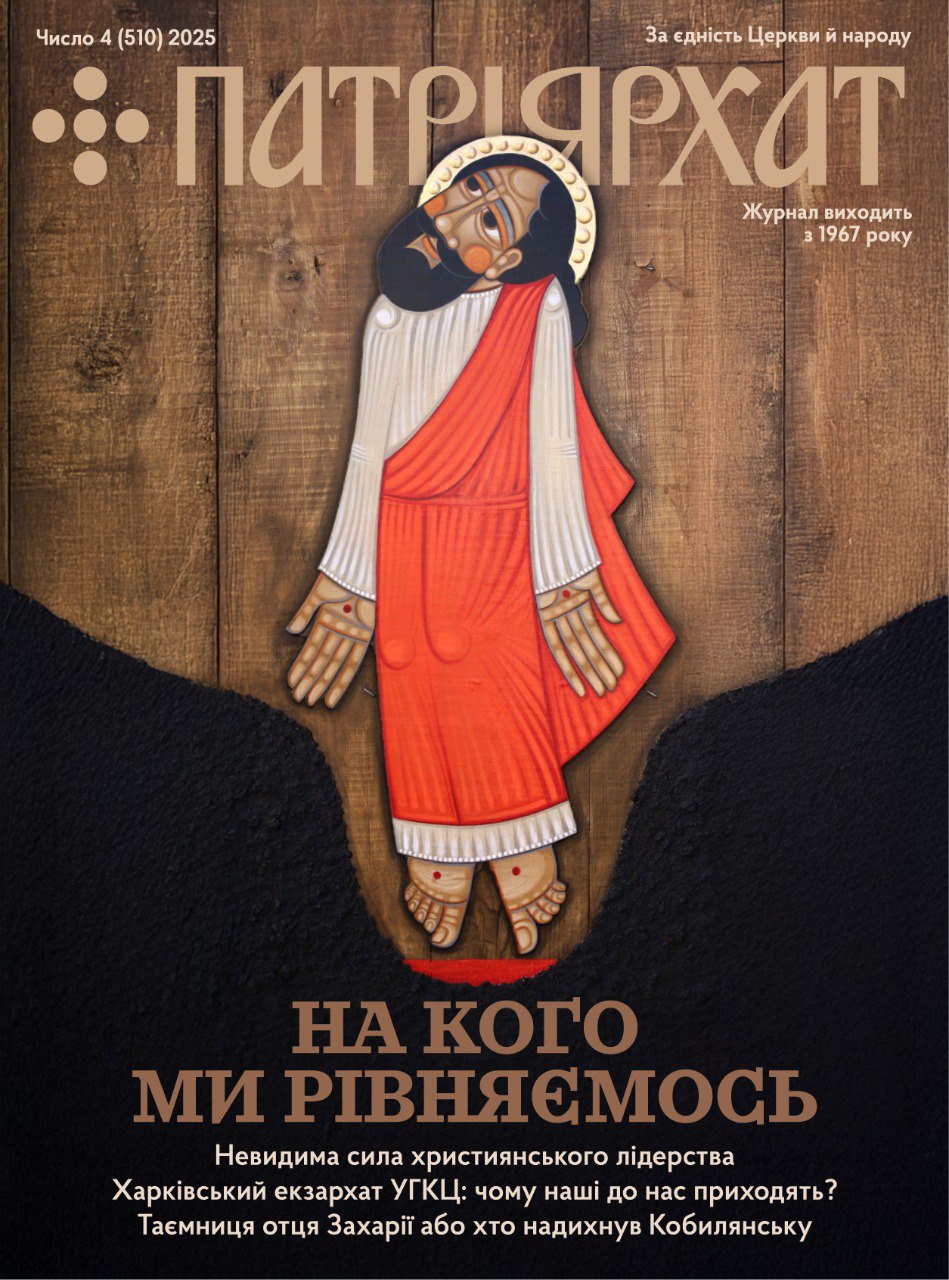A dissident Soviet religious writer has called on the United Nations Commission on Human Rights here to “raise its voice” in defense of people in the USSR who are “suffering systematic and indescribable torture” because of their religious beliefs.
He called particular attention to the plight of Ukrainian Rite Catholics in the Western Ukraine and Western Byelorussia, those in union with the Roman Catholic Church, according to a document made available to Religious News Service.
Anatoly (Krasnov) Levitin, a Russian Orthodox lay-man who was recently allowed to leave the Soviet Union, also mentioned the “persecution” of members of the “Truly Orthodox Church,” and several outlawed churches — the Initsiativniki unofficial Baptists, the Reformist Seventh-Day Adventist, the Pentecostalists and Jehovah’s Witnesses.
But the famed writer said “the most awful thing is the persecution of Uniates (Ukrainian Catholics) and members of the “Truly Orthodox Church,” which has become the norm of life, does not evoke the slightest indignation. The unheard of savagery is blatantly committed, yet calls forth no protest.”
Tracing the history of the Ukrainian Catholic Church from the time of its unification with Rome in 1596, Mr. Levitin noted that restrictions and persecutions have followed the “Uniates” throughout their history, under the Russian Czars and under the Communist government.
In 1946, he pointed out, upon the final reunification of the Western Ukraine and Western Byelorussia with the USSR “the Stalin regime undertook the persecution” of the Uniates and arrested the head of Ukrainian Catholic Church, Matropolitan (now Cardinal) Joseph Slipyi of Lvov and six other bishops.
He observed that a resolution of reunification of Ukrainian Catholics with Russian Orthodoxy was formulated and forced upon the Uniates. Priests who refused to comply were arrested, and those clergy who outwardly resisted the resolution were charged with treason and sentenced to 25 years in prison.
“No judicial inquire was conducted,” said Mr. Levitin. “All repressions were carried out through a special committee of the KGB, Soviet secret police.”
“If we take into account that together with the clergy, students in the Uniate seminaries, parishioners, and the most active, laypeople were punished, then it is not surprising that the number of victims soon reached… 300,000 people,” the 59-year-old dissident said.
Despite a series of persecutions over the years and the imprisonment and death of most Uniate bishops (although Cardinal Slipyi was released in 1962 after 17 years in prison and allowed to go to Rome), he said “the campaign to destroy the Uniates failed.”
Today, Mr. Levitin noted 80 Uniate priests function almost openly in Lvov alone. They perform in their homes the Divine Service (liturgy) and, upon request, religious rites (of various kinds). Three Uniate bishops function in the underground. As soon as one dies or is arrested, another is immediately con secrated.”
Mr. Levitin said the Communist authorities are “obliged to tolerate this situation since they seem to feel that they cannot risk again a policy of mass repressions and the arrest of individuals, fines, and short-term imprisonment (15 days in jail for taking part in a liturgy) do not bring any results.”
“All this indicates that the Uniates in the Western Ukraine and Western Byelorussia is a broad national movement,” he said. “Its persecution constituted not only religious repression, but also an infringement of the national rights of Western Ukrainians.”
Robert Johnston The Catholic News

 >
>